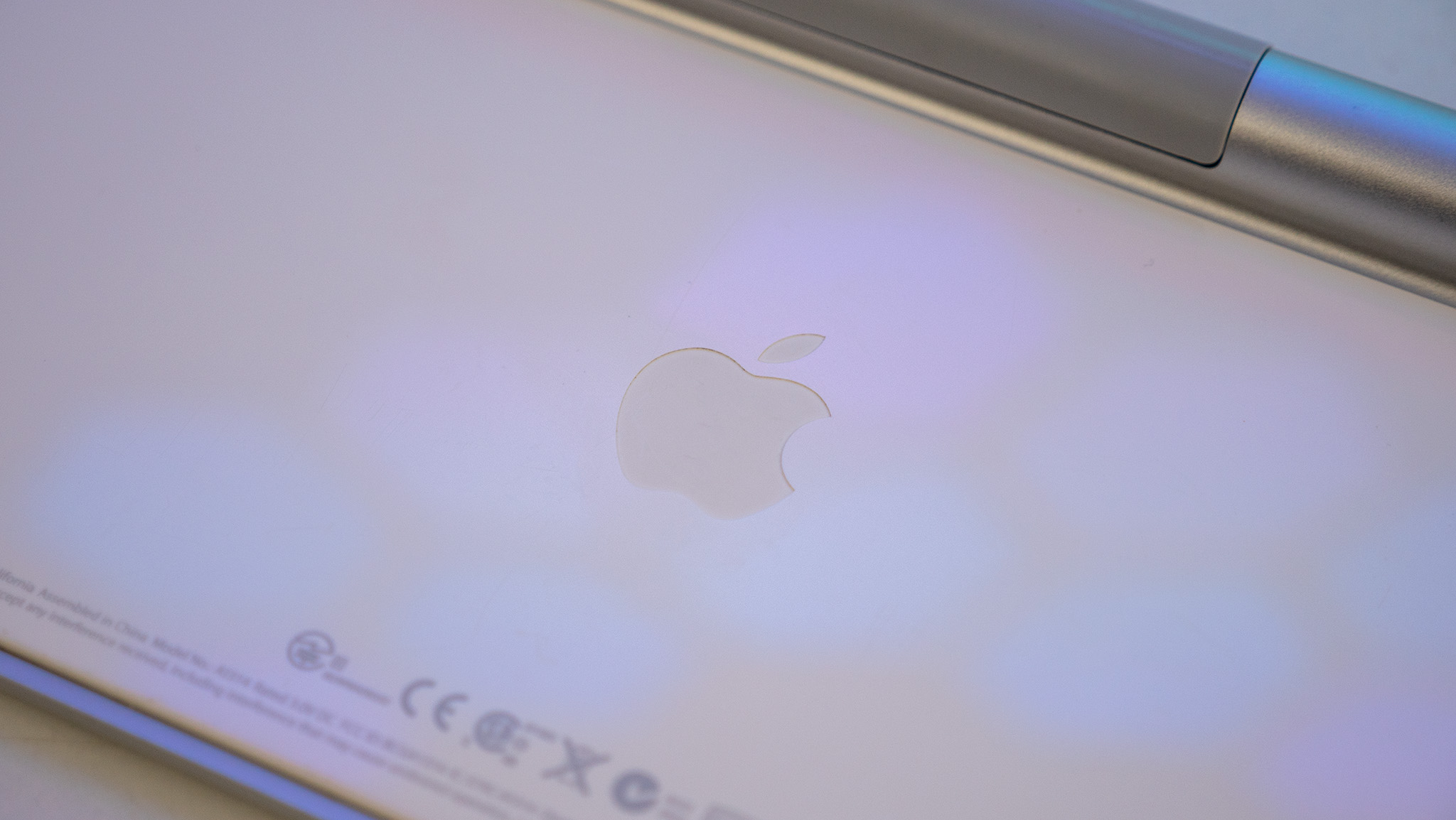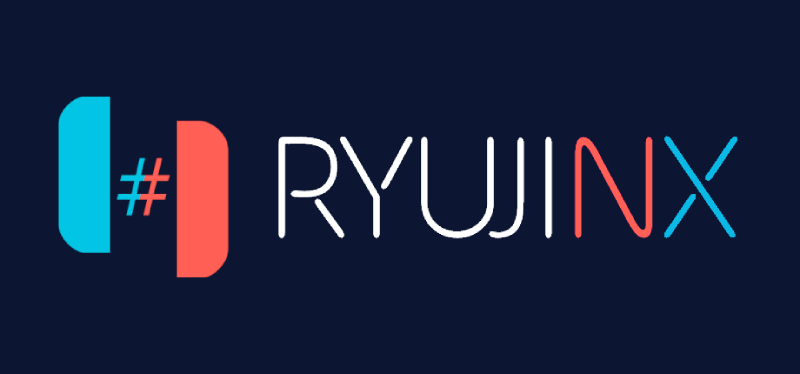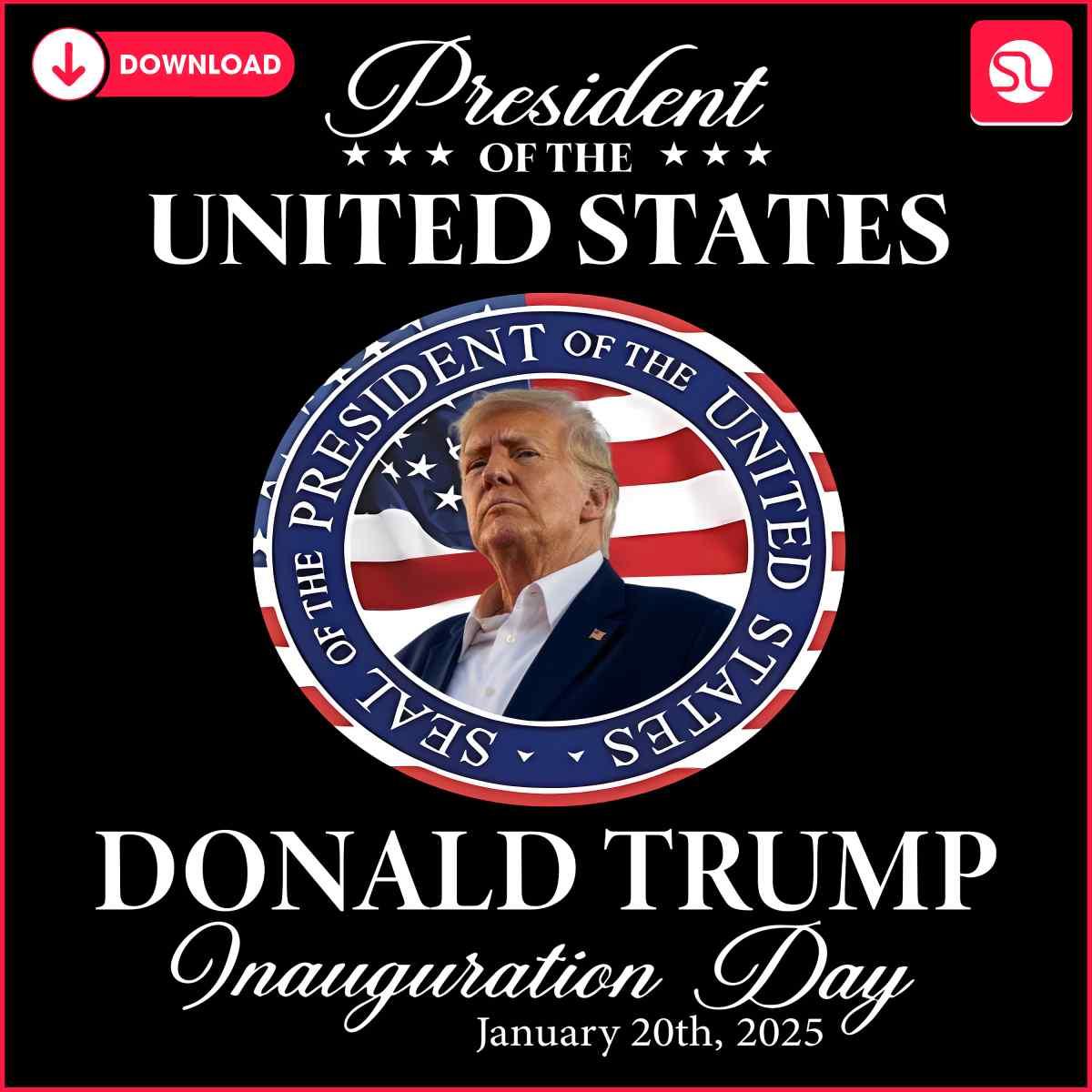Meta Faces FTC's Shifting Defense In Monopoly Case

Table of Contents
The FTC's Initial Claims of Anti-Competitive Behavior
The FTC's original antitrust lawsuit against Meta centers on its acquisitions of Instagram in 2012 and WhatsApp in 2014. The core argument is that these acquisitions were anti-competitive mergers, designed to eliminate potential rivals and solidify Meta's (then Facebook's) already dominant position in the social media market.
-
Stifling Competition: The FTC claims these acquisitions stifled competition by preventing Instagram and WhatsApp from developing into independent, significant competitors to Facebook. Had they remained independent, the argument goes, they could have posed a credible challenge to Meta's market dominance.
-
Monopoly Power: The lawsuit alleges that Meta used its immense market power to acquire promising competitors, thereby preventing the emergence of alternative social media platforms and reducing consumer choice. This, the FTC contends, is a clear violation of antitrust laws.
-
Evidence Presented: The FTC's case relies on evidence such as internal Meta communications, market share data demonstrating Meta's overwhelming dominance, and expert testimony outlining the anti-competitive effects of the acquisitions. The potential penalties for Meta, if found guilty, are substantial and could include significant fines and structural remedies, such as forced divestiture of Instagram or WhatsApp.
Meta's Evolving Defense Strategy
Meta's initial defense largely focused on arguing that the acquisitions were pro-competitive, fostering innovation and benefiting consumers. However, facing the FTC's increasingly detailed evidence and shifting legal arguments, Meta’s defense has evolved.
-
Shifting Tactics: Initially, Meta emphasized the benefits of integration, claiming that the acquisitions allowed for technological advancements and product improvements that benefited users. However, this argument has been challenged by the FTC's assertion that the innovations could have occurred without the acquisitions.
-
Focus on Consumer Benefits: Meta’s current strategy focuses on highlighting the consumer benefits arising from the integrations, including features such as cross-platform messaging and improved user experiences. This strategy aims to demonstrate that the acquisitions did not harm competition but instead enhanced the user experience.
-
Legal Precedents: Meta’s defense relies on legal precedents that argue for a more lenient approach to mergers and acquisitions in dynamic markets, emphasizing the importance of innovation and consumer welfare. The success of this strategy will hinge on the court's interpretation of these precedents in the context of the rapidly evolving digital market.
The Role of Innovation in Meta's Defense
A crucial component of Meta's defense is the argument that the acquisitions spurred innovation and technological advancements.
-
Innovation Arguments: Meta points to the integration of features across its platforms, arguing that such integrations would have been impossible without the acquisitions of Instagram and WhatsApp. They highlight specific technological advancements and improvements in user experience as direct results of the mergers.
-
Counterarguments from the FTC: The FTC counters that Meta's claimed innovations could have emerged through organic growth and competition, without the need for acquisitions that eliminated potential rivals. The FTC emphasizes the potential for stifled innovation and reduced consumer choice resulting from the reduction of competition. The court must weigh the evidence supporting both sides of this central argument.
The Shifting Landscape of Antitrust Law and Tech Regulation
The FTC’s case against Meta reflects broader trends in antitrust law and tech regulation, highlighting the challenges of applying established legal frameworks to the rapidly evolving digital landscape.
-
Tech Regulation Challenges: Regulating digital markets presents unique challenges. The speed of technological change, the global reach of tech companies, and the complex nature of digital platforms make it difficult to define and enforce antitrust laws effectively.
-
Implications for Future Mergers: The outcome of this case will have significant implications for future tech mergers and acquisitions. A ruling against Meta could lead to stricter scrutiny of future deals and potentially discourage large tech companies from acquiring smaller competitors.
-
Potential Law Changes: The case could also influence future changes to antitrust laws, prompting legislators to consider updating regulations to better address the unique challenges posed by the digital economy. The debate over how to balance fostering innovation with ensuring fair competition remains a critical one for policymakers.
Conclusion
The FTC's case against Meta, and Meta's evolving defense, highlights the ongoing struggle to balance innovation with fair competition in the digital marketplace. The outcome of this case will have significant implications for the future of social media and the regulation of tech giants. The shifting arguments demonstrate the complex legal and economic issues involved in defining and combating monopolistic practices in dynamic digital markets. The core questions revolve around defining the boundaries of acceptable competitive behavior and the role of acquisitions in a rapidly innovating industry.
Call to Action: Stay informed on the developments in this crucial case of Meta Faces FTC's Shifting Defense in Monopoly Case. Continue to follow our coverage for updates and analysis as the legal battle unfolds, impacting the future of social media competition and the broader landscape of tech regulation.

Featured Posts
-
 Investigation Into Puri You Tubers Instagram Activity Connections To Pakistani Spy Jyoti Malhotra
May 19, 2025
Investigation Into Puri You Tubers Instagram Activity Connections To Pakistani Spy Jyoti Malhotra
May 19, 2025 -
 Ryujinx Emulator Project Closure After Reported Nintendo Contact
May 19, 2025
Ryujinx Emulator Project Closure After Reported Nintendo Contact
May 19, 2025 -
 Legendary Singer Johnny Mathis To Retire After Final Show
May 19, 2025
Legendary Singer Johnny Mathis To Retire After Final Show
May 19, 2025 -
 Indian Defense Report Chinas Role In Pakistans Satellite Capabilities
May 19, 2025
Indian Defense Report Chinas Role In Pakistans Satellite Capabilities
May 19, 2025 -
 Vermonts 2025 Presidential Scholars Announced Meet The Winners
May 19, 2025
Vermonts 2025 Presidential Scholars Announced Meet The Winners
May 19, 2025
